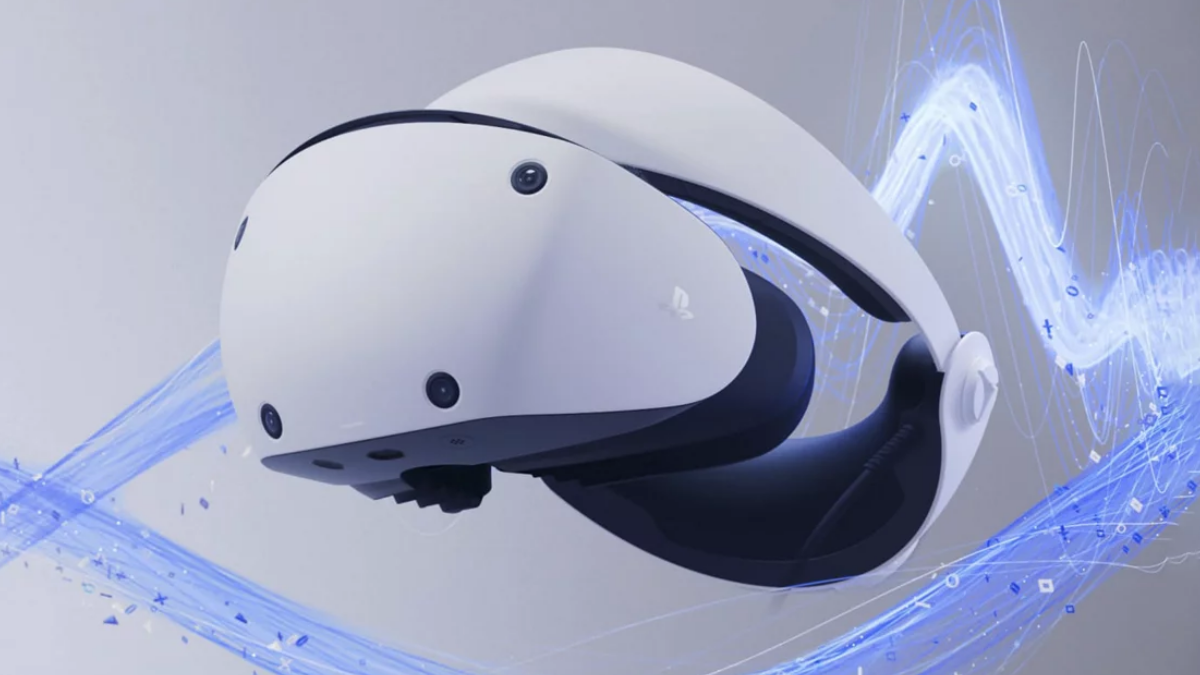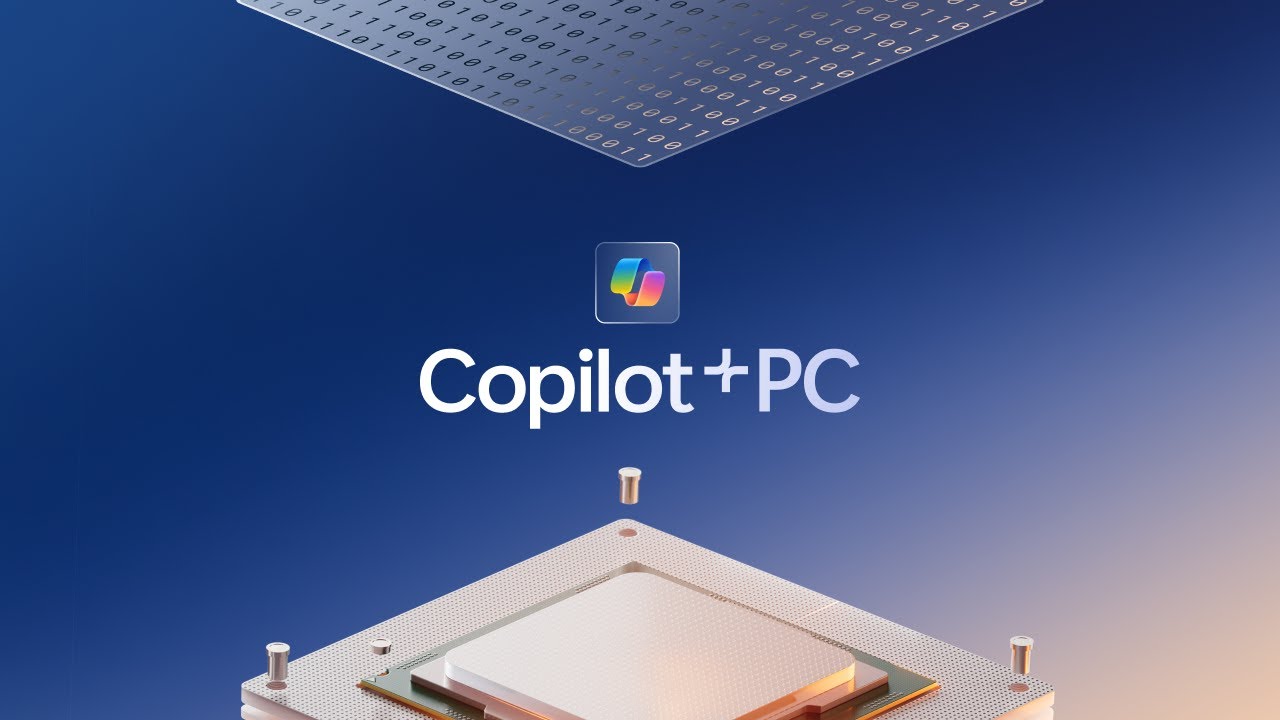Microsoft reveals Artificial General Intelligence (AGI) push with 8000 AI researchers
3 min. read
Published on
Read our disclosure page to find out how can you help MSPoweruser sustain the editorial team Read more

In recent years there has been massive progress in the field of artificial intelligence, but most researchers would acknowledge that the tools created, no matter how good, are still very limited, showing great expertise in one area and being pretty useless everywhere else.
This means Google’s AlphaGo, for example, has superhuman Go-playing capabilities, but would have no idea how to play checkers or chess, or balance your chequebook.
“Computers today can perform specific tasks very well, but when it comes to general tasks, AI cannot compete with a human child,” noted Harry Shum, the executive vice president in charge of Microsoft’s AI and Research group.
The holy grail for AI researchers is Artificial general intelligence (AGI.)
Artificial general intelligence (AGI) is the intelligence of a machine that could successfully perform any intellectual task that a human being can. Such the computer would be equally good driving your car as inventing new antibiotics or invading Russia.
Google’s Deepmind team has made no secret of their ambition to give birth to the first AGI, and now for the first time, Microsoft has also revealed they share the same goal.
Speaking to Geekwire, Eric Horvitz, Technical Fellow & Director at Microsoft Research said “We’ve largely built what I would call wedges of competency — a great speech recognition system, a great vision and captioning system, great object recognition system. We’ve managed to do incredible work with those wedges.”
Now the company wants to bring all these competencies together in a quest for the elusive goal of general machine intelligence.
“We really want to pursue the understanding of the mysteries of the human intellect,” Horvitz noted.
To pursue the goal Microsoft formed a new team called Microsoft Research AI, led by Eric Horvitz, drawing in top talent in areas such as machine perception, learning, reasoning and natural language.
Microsoft has a significant advantage by having access to large amounts of data from the Bing search engine and LinkedIn’s massive professional relationship graph.
Microsoft has also made strategic acquisitions, including the natural language scheduling startup Genee and deep learning startup Maluuba. Deep learning expert Yoshua Bengio, who leads the Montreal Institute for Learning Algorithms and was a Maluuba adviser, is now an adviser to Microsoft and Shum. Over the last year, the division has grown from 5,000 people originally to nearly 8,000 people today.
Unlike other companies, Microsoft was also making the ethics of AI a major part of their push.
Microsoft has formed an internal group called “Aether,” which stands for AI and ethics in engineering and research. The group includes a representative from each Microsoft division, reporting to Nadella and the senior leadership team, and meet every 2 weeks to help the company form standards and best practices for artificial intelligence.
“The new platform is emerging,” said Shum. “It will take a little time, but directionally, I think many people see that,” he said.









User forum
0 messages